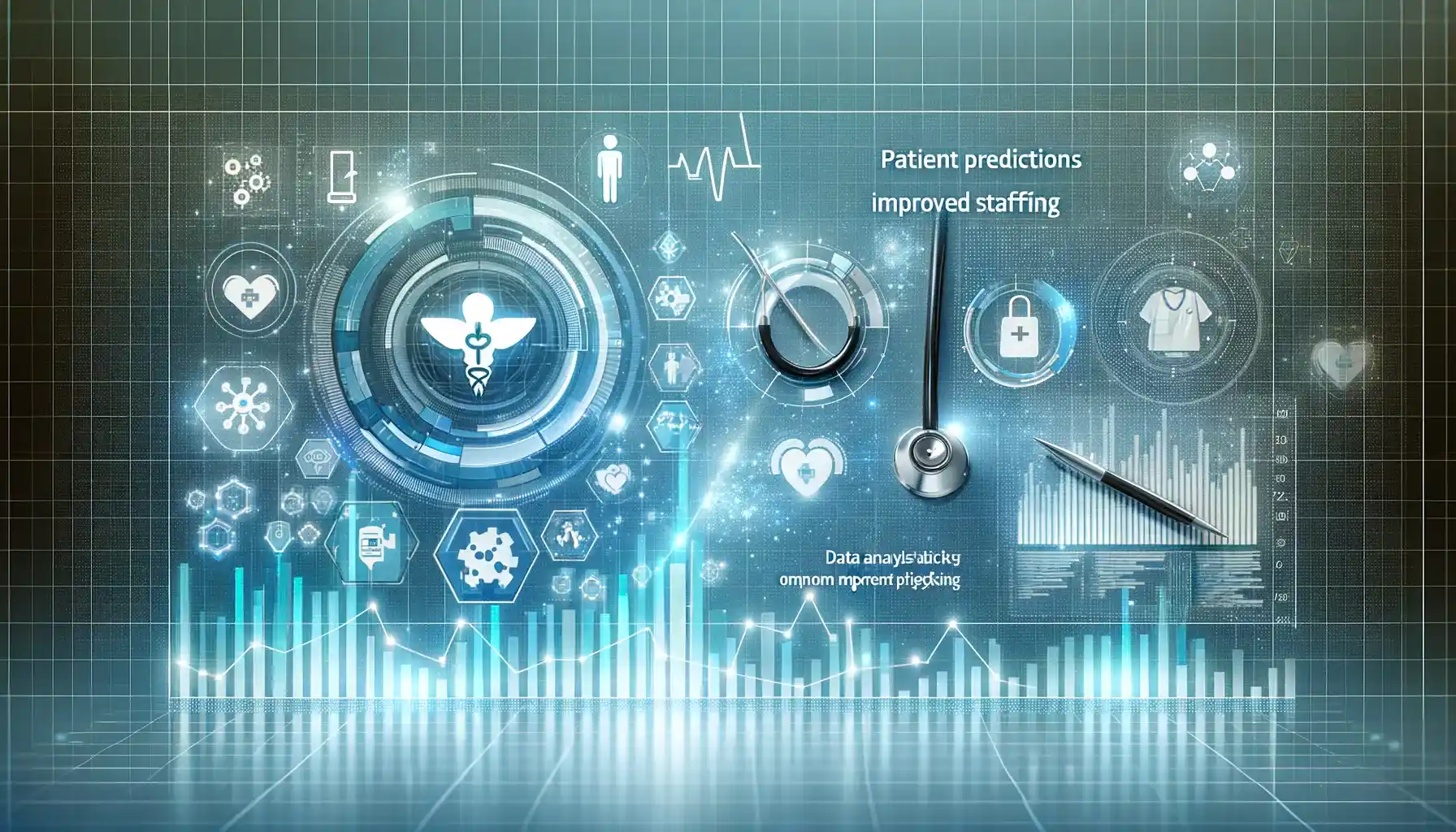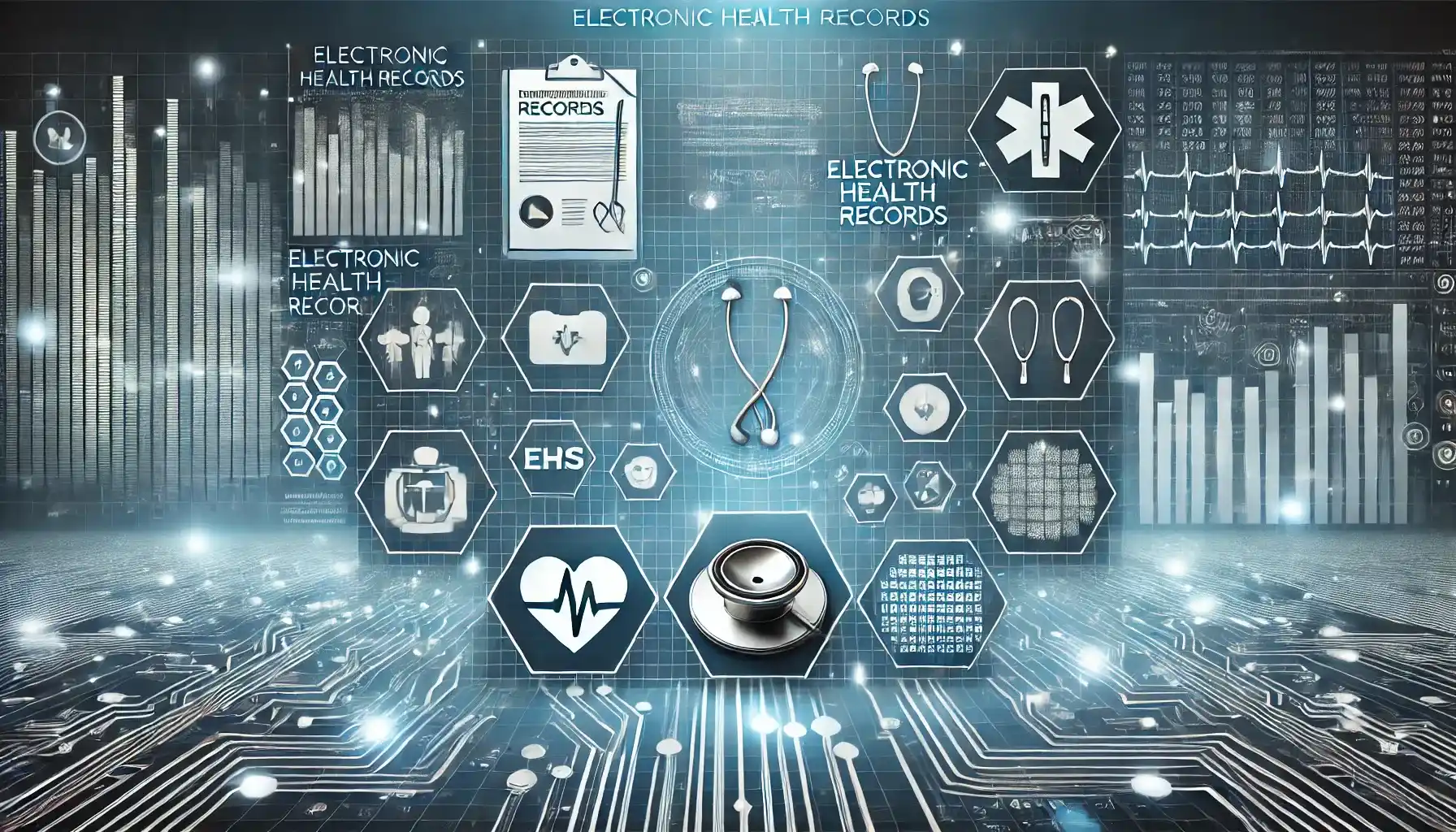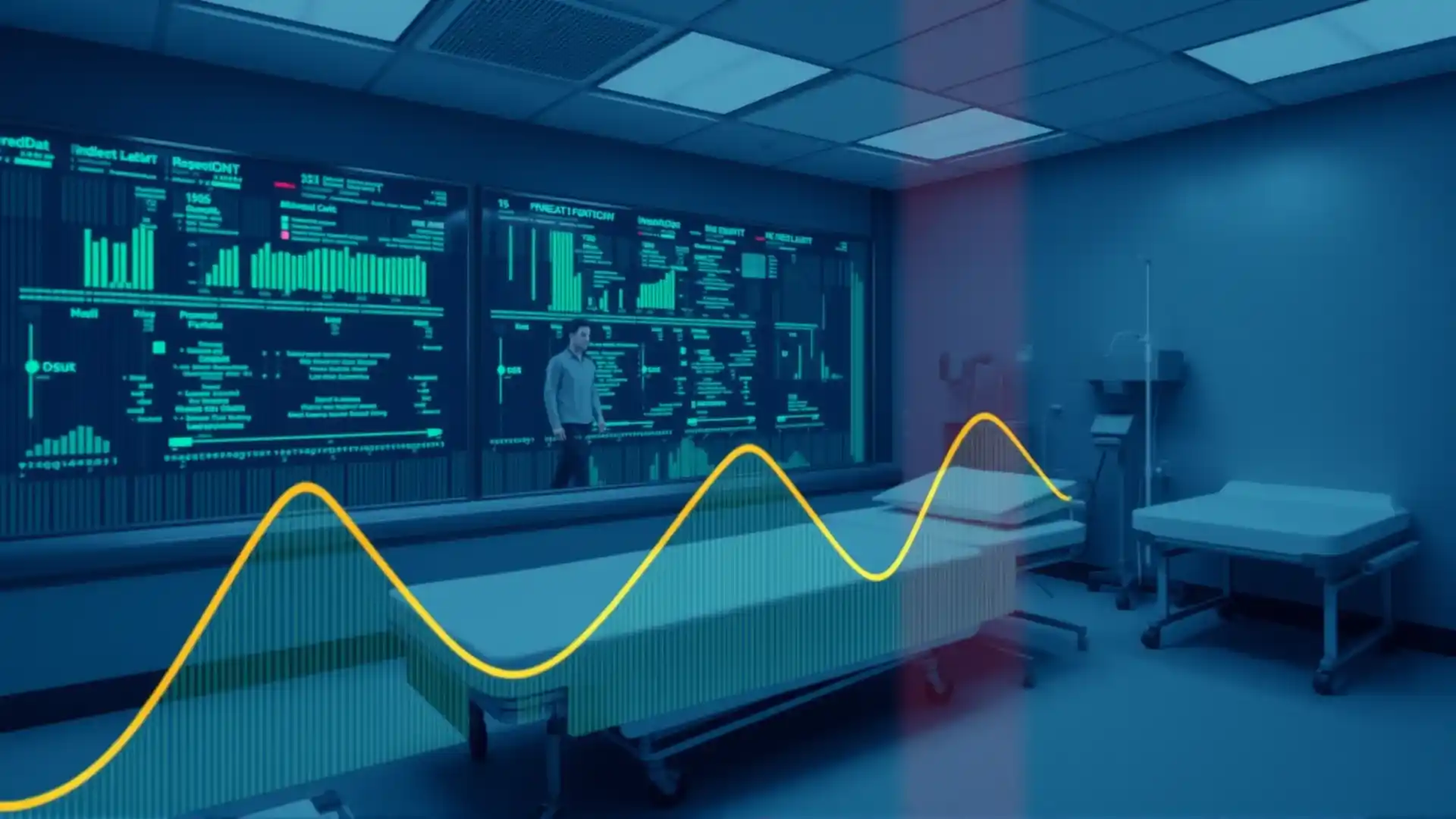Table of Contents
Big Data in Healthcare has transformed how data is managed and analyzed, making a profound impact on the industry. With its vast potential, healthcare analytics is revolutionizing areas such as cost reduction in treatments, disease prevention, and epidemic prediction, ultimately improving patient outcomes and quality of life.
As global life expectancy increases, healthcare providers are confronted with new challenges in delivering effective treatments. To overcome these, they are leveraging big data to tap into massive data resources and develop innovative strategies, similar to those used by forward-thinking entrepreneurs in the business world.
What Is Big Data in Healthcare?
Big Data in Healthcare refers to the massive volumes of digital information collected from various patient records and medical sources, aimed at improving healthcare outcomes and hospital performance. By harnessing advanced analytics, big data enables early disease detection, preventive measures, cost reduction, and more efficient treatments.
In today’s healthcare landscape, data-driven models focus on personalized care and early interventions, breaking down data silos and fostering seamless communication across systems. Although managing diverse data formats can be challenging, modern technology allows healthcare providers to efficiently extract valuable insights from sources like patient portals, wearable devices, and government health databases.
With technological advancements, big data analysis empowers the healthcare sector to proactively solve problems, speed up treatment evaluations, optimize resource management, and ultimately deliver better patient care.
Let’s dive into 10 transformative applications of Big Data in Healthcare that illustrate how this analytical approach is revolutionizing the industry, improving patient outcomes, and saving lives.

1. Patient Predictions for Improved Staffing
Big Data in Healthcare is revolutionizing patient care by improving staffing efficiency. In Parisian hospitals, administrators utilize predictive analytics to forecast patient numbers on a daily or even hourly basis, drawing from years of admission data. Advanced techniques like time series analysis and machine learning allow healthcare providers to anticipate patient flow, optimize staffing decisions, and improve service delivery.
2. Electronic Health Records (EHRs)
One of the most significant applications of Big Data in Healthcare is Electronic Health Records (EHRs). These comprehensive digital records contain a patient’s demographics, medical history, and lab results, accessible by both public and private providers. EHRs enhance care by enabling real-time updates, reducing paperwork, and facilitating alerts for lab tests or prescriptions.
A notable example is Kaiser Permanente’s HealthConnect system, which has improved outcomes in cardiovascular care and reduced costs by cutting down on unnecessary office visits and tests.

3. Big Data in Cancer Detection and Treatment
Big Data and AI are making significant strides in cancer detection and treatment. A standout example is VinBrain’s DrAid™ CT Liver Cancer solution, which uses Big Data in Healthcare to automatically diagnose liver tumors and assist oncologists in creating personalized treatment plans. The system’s ability to detect lesions as small as 5mm through multi-phase imaging represents a groundbreaking advancement in early cancer detection and precision treatment, contributing to improved patient outcomes.
4. Integrating Big Data with Medical Imaging
Medical imaging is another area where Big Data in Healthcare is driving innovation. With over 600 million imaging procedures performed annually in the US, manual analysis is time-consuming and costly. Big Data algorithms can analyze vast datasets, identifying patterns in images more efficiently than human analysis.
Providers like Carestream are developing technologies that may one day automate image interpretation, providing faster, more accurate diagnoses and reshaping the role of radiologists.
5. Smart Staffing & Personnel Management
Big Data in Healthcare also enhances workforce management by optimizing staffing levels and forecasting demand. Medical institutions can leverage HR analytics to streamline staff distribution, ensuring the right personnel are in the right place at the right time. This reduces inefficiencies, minimizes absenteeism, and ensures that patient care remains consistent, even during peak demand.
6. Enhanced Risk Management & Disease Prevention
Leveraging Big Data in Healthcare is essential for mitigating hospitalization risks in patients with chronic conditions and proactively preventing their health from deteriorating. By analyzing key data points such as medication adherence, symptoms, and frequency of visits, healthcare providers can deliver precise preventive care, reducing the likelihood of hospital admissions.
This not only lowers in-house care costs but also ensures critical resources are reserved for patients in dire need. In this way, big data enhances patient care, optimizes resources, and improves overall healthcare outcomes.
7. Driving New Therapies & Innovations
Big Data in Healthcare plays a pivotal role in driving innovation and developing new therapies. By analyzing historical, real-time, and predictive data, along with advanced visualization techniques, healthcare professionals can identify trends and improve drug trials and processes.
Data-driven analysis of genetic information and predictive models for patient responses facilitate the development of groundbreaking drugs and therapies. Big data accelerates innovation, enhances patient safety, and fosters confidence in new medical advancements.

8. Tracking Mass Diseases with Big Data
The COVID-19 pandemic underscored the power of Big Data in Healthcare for managing widespread diseases. Big data enabled real-time monitoring of virus spread, mutation rates, and the global economic impact. AI technologies further aided early detection of the virus through medical imaging like X-rays and CT scans. For instance, InferRead, an AI-powered tool, helped rapidly analyze lung images for COVID-19 signs, expediting diagnosis and containment.
9. Optimized Supply Chain Management
A streamlined supply chain is crucial for efficient medical operations, impacting patient care and financial stability. One of the significant benefits of Big Data in Healthcare is its ability to optimize supply chain management. Through analytics-driven insights, hospitals can monitor performance metrics, make data-informed decisions on purchasing, and cut costs—potentially saving up to $10 million annually. Predictive models assist in pricing negotiations, reducing variability, and automating ordering processes.
10. Preventing Human Error and Fraud
Fraud and human error in healthcare, from incorrect billing to improper prescriptions, cost billions annually and endanger lives. Big Data in Healthcare is a critical tool in detecting and preventing such errors. By analyzing vast prescription patterns and medical data, predictive analytics can flag potential errors before they occur, saving facilities money and safeguarding patient well-being. This proactive approach ensures accuracy, reduces risks, and builds trust in technology among healthcare professionals.
Conclusion
Big Data in Healthcare is transforming the industry by driving innovations, enhancing patient care, and optimizing operational efficiency. From proactive risk management and disease prevention to streamlining supply chains and enabling groundbreaking therapies, the power of big data is undeniable. It helps healthcare providers deliver personalized care, track mass diseases, and prevent costly human errors and fraud.
As technology continues to evolve, embracing big data will not only improve patient outcomes but also ensure healthcare organizations are better equipped to meet future challenges with precision and insight.





